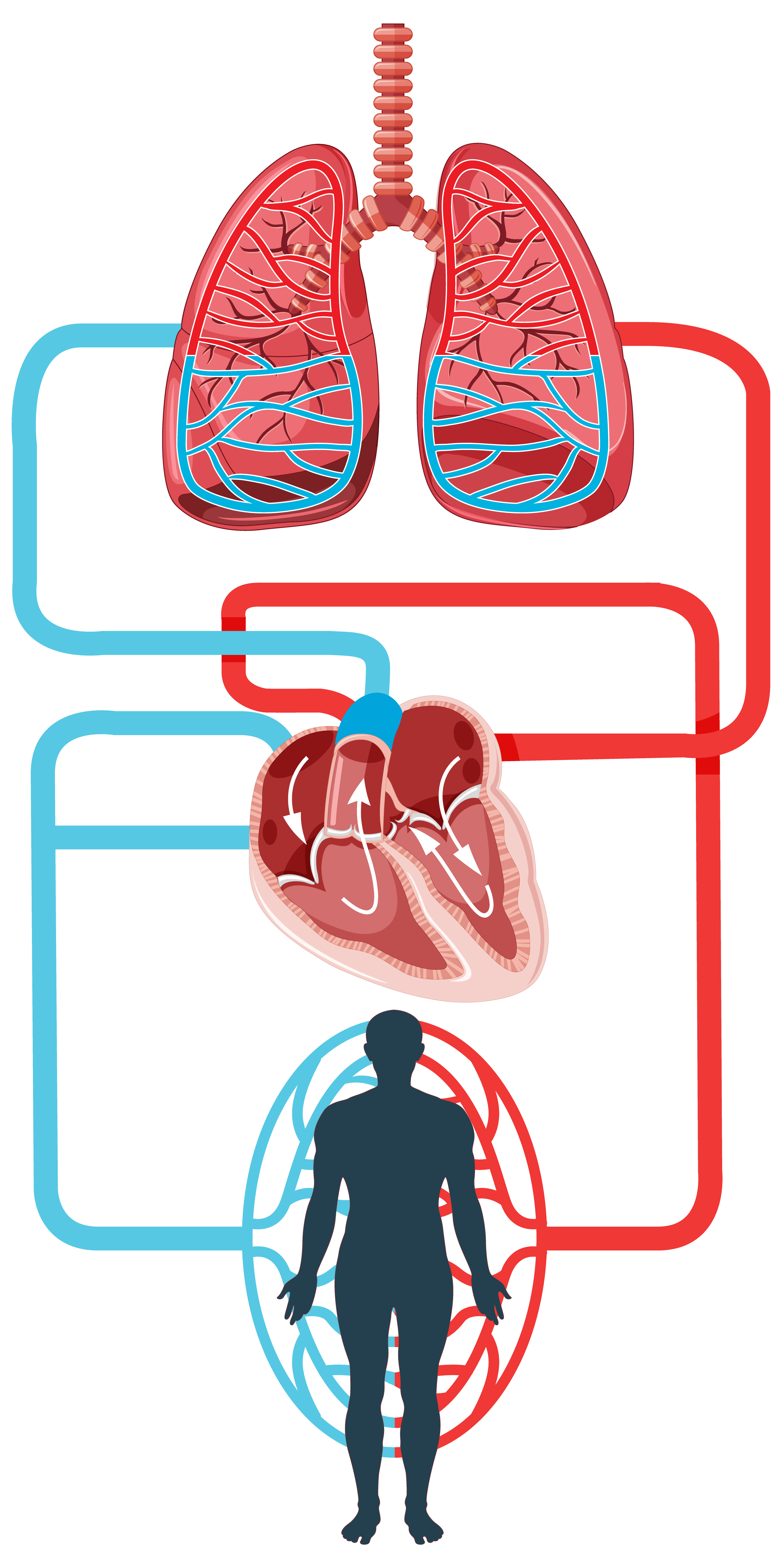
Advances in Research and Treatment of Aortic Valve Stenosis
Introduction: Progress in Aortic Valve Stenosis Research and Treatment: A Layman’s Overview
Aortic Valve Stenosis (AVS) research and treatment have seen significant advancements in recent years, offering hope for improved outcomes and quality of life. Let’s delve into these developments in simple terms to understand their impact.
1. Transcatheter Aortic Valve Replacement (TAVR)
TAVR is a minimally invasive procedure that has revolutionized the treatment of AVS, especially for high-risk patients who are not candidates for traditional open-heart surgery. During TAVR, a new valve is inserted through a catheter and implanted within the narrowed aortic valve, restoring normal blood flow.
2. Innovative Valve Technologies
Researchers are continually developing new valve technologies to improve outcomes and expand treatment options for AVS. These innovations include the development of tissue-engineered valves, which aim to mimic the function and durability of natural heart valves.
3. Targeted Therapies
Advancements in targeted therapies are paving the way for personalized treatment approaches for AVS. These therapies aim to address specific molecular pathways involved in the progression of AVS, offering the potential for more effective and tailored treatment strategies.
4. Early Detection and Screening
Improved diagnostic techniques and screening protocols are enabling earlier detection of AVS, allowing for timely intervention and management. Early detection is crucial for optimizing treatment outcomes and reducing the risk of complications associated with AVS.
Conclusion
The progress in AVS research and treatment is promising, offering new hope for individuals living with this condition. As researchers continue to explore innovative therapies and treatment approaches, the future looks bright for improving outcomes and quality of life for individuals with AVS.
To seek medical advice, always consult a Doctor. Here are our recommended experts. Click here
To read more on Heart Disease . Click Here


